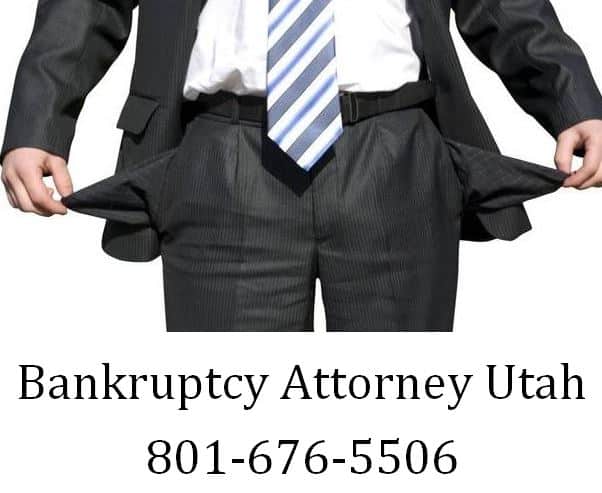One of the most exciting areas of bankruptcy law is the ability to discharge or remove a second mortgage. For years the ability to remove a second mortgage was largely irrelevant as property values rose year after year. Now the power of the bankruptcy court has become one of the most powerful consumer protection laws ever. It is important for every home-owner to know his right to adjust his home mortgage through the bankruptcy law.
How can bankruptcy help discharge my debts?
Although this article refers to a lien on property as a “second mortgage” most types of liens including mortgages, home equity lines of credit, and other variations can be considered “second mortgages.”
Bankruptcy law gives debtors great power over unsecured creditors. For instance, in most cases all of the client’s credit card debt will be discharged. Other unsecured debts such as certain bank loans, personal loans, and payday advance loans can similarly be wiped away.
The great power of bankruptcy in the current housing meltdown is its power to treat a second mortgage as an unsecured debt when the first mortgage is under water. That means that if your house is worth less than the amount owed on your first mortgage, you may be able to rid yourself of your second mortgage along with most of your other debts. This is called a “lien strip” or a “mortgage strip”
What is required to get rid of my second mortgage?
In order to take advantage of a mortgage strip, a client must complete a Chapter 11 or Chapter 13 reorganization plan. The plan requires monthly payments to the court to partially repay creditors for a period of 3-5 years. In many cases the repayment to the court is lower than the monthly second mortgage payment. You will not have to pay your second mortgage while in bankruptcy, and of course you will continue to live in your house.
At the end of the 3 or 5 year plan, you can own your home subject only to the first mortgage and have no other debt to hold you back.
There is opportunity in the downturn.
There is a bright spot in the housing crisis; those who bought homes at the peak can take advantage of the drop in property values too. Come and speak with me about how you can own your home free of your second mortgage.
How Can I Pay for Bankruptcy?
Established in federal law, bankruptcy is a proven method for getting out of debt, but those in financial hardship are often uncertain about the costs involved. While you can technically file bankruptcy by yourself, experience matters tremendously and can mean the difference between keeping or losing property, having to re-file your case or even going to jail. Creditors are adept at using the legal system and will count on individuals to be overwhelmed or un-knowledgeable about court proceedings that attorneys have spent years learning.
Weigh Your Options
With court fees, mandatory counseling courses, credit reports and attorney fees, bankruptcies tend to range between $1500 to $2,000 (varies by state & service), with additional fees being paid through Chapter 13 payment plans. Without a doubt, a $2,000 bill can seem overwhelming to someone struggling with debt. But while it may seem expensive to file for bankruptcy, it’s almost certainly more expensive to keep struggling with sky-high interest rates, late payments, overdraft fees, out of control payments, collection attempts, lawsuits, repossessions and even foreclosure. Filing for bankruptcy is an investment in your financial future.
Budget Bankruptcy
You know the old saying: You get what you pay for. Discount attorneys or paralegals that offer to file your bankruptcy for a low price often offer even lower service by cutting corners and saving time. Think about this: If you’re going in for a life-threatening surgery, are you going to find a budget surgeon? Doubtful! Bankruptcy is a vital legal procedure that can impact your financial future for years to come, and mistakes can be devastating.
Watch out for attorneys that offer a low price and a quick case: their incentive to make money fast could result in a mismanaged bankruptcy and even worse, a long term financial disaster for you.
Customized vs. Cookie Cutter
It can be tempting to call up every attorney in the phone book to haggle about price. But consider this: anyone who offers you a fixed quote over the phone is most likely not giving your financial situation the proper review it deserves. What specific service are they even offering? Jumping to conclusions can be extremely costly. Like with other important process, there’s an order to things – you don’t build a home before you check the foundation, and the same is true with bankruptcy.
Free Consultation with Bankruptcy Lawyer
If you have a bankruptcy question, or need to file a bankruptcy case, call Ascent Law now at (801) 676-5506. Attorneys in our office have filed over a thousand cases. We can help you now. Come in or call in for your free initial consultation.
8833 S. Redwood Road, Suite C
West Jordan, Utah
84088 United States
Telephone: (801) 676-5506
Recent Posts


